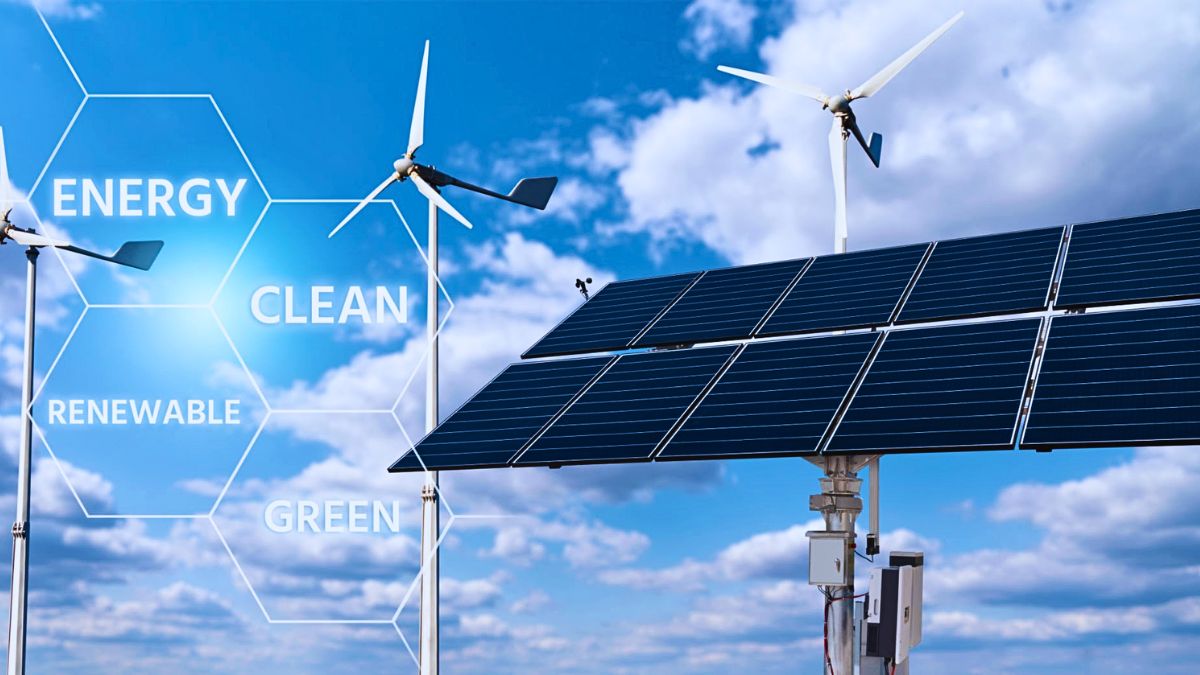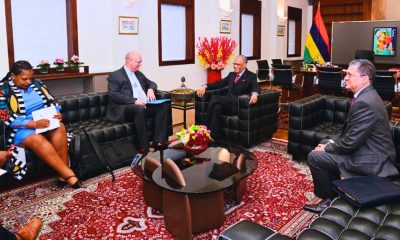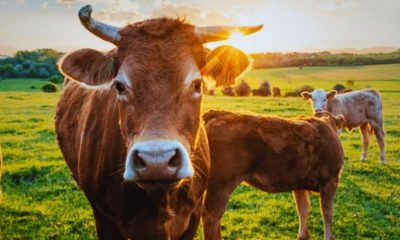Business
Private Power Surge: IPPs Now Supply Over 50% of National Electricity

Independent Power Producers (IPPs) now generate over half of the national electricity supply in Mauritius, surpassing the state-owned Central Electricity Board (CEB) in overall production.
Figures from the CEB show that IPPs contributed 50.4% of the island’s electricity in 2024, marking a critical shift in the power landscape.
This contribution, however, remains heavily reliant on fossil fuels, with 39.4% sourced from coal.
Fossil Fuel Reliance Amidst Green Ambitions
This growing dominance by private entities like Alteo Energy, Omnicane, and Terra comes as Mauritius struggles to balance rising energy demand with an ambitious climate agenda, which includes an aim for a 60% renewable energy mix by 2030 and the complete phasing out of coal.
- In 2022, non-renewable sources accounted for 80.8% of electricity, primarily heavy fuel oil (49.2%) and coal (31.5%).
- Renewable energy made up the remaining 19.2%, led by bagasse (sugar cane residue) at 9.1%.
- In that same year (2022), the CEB was responsible for 53.7% of production, with IPPs providing 46.3%.
Despite the increase in the IPP share in 2024, the sector still relies heavily on coal.
The Challenges of Bagasse and Coal Dependency
Bagasse remains the primary local renewable source, historically contributing between 15% and 20% of the total supply.
However, its generation is declining and is seasonal, only available during the sugar cane harvest (June to November). Outside of this period, IPPs rely on imported coal.
- The contraction of the sugar industry led to a drop in bagasse-generated electricity from 384 GWh in 2020 to 350 GWh in 2021 (11.7% of total production).
- Coal generated 42% of total electricity (1,255 GWh) in 2021, driven largely by IPPs.
- The continued reliance on fossil fuels results in significant CO2 emissions, estimated at 0.7 to 0.8 million tonnes in recent years, though the use of carbon-neutral bagasse provides a partial offset.
The Path to a Cleaner Grid
The Mauritius Renewable Energy Agency (MARENA) is tasked with accelerating the transition and supporting the decarbonisation efforts.
To meet the 2030 goal and create a cleaner, more resilient grid by 2035 (dominated by sun, wind, and bagasse), the country is betting on:
- Rapid development of solar and wind farms.
- Waste-to-energy projects.
- Smart grid management and energy storage.
IPPs, however, face challenges in this transition, including regulatory uncertainties and the integration of these new technologies.
Source: l’Express











